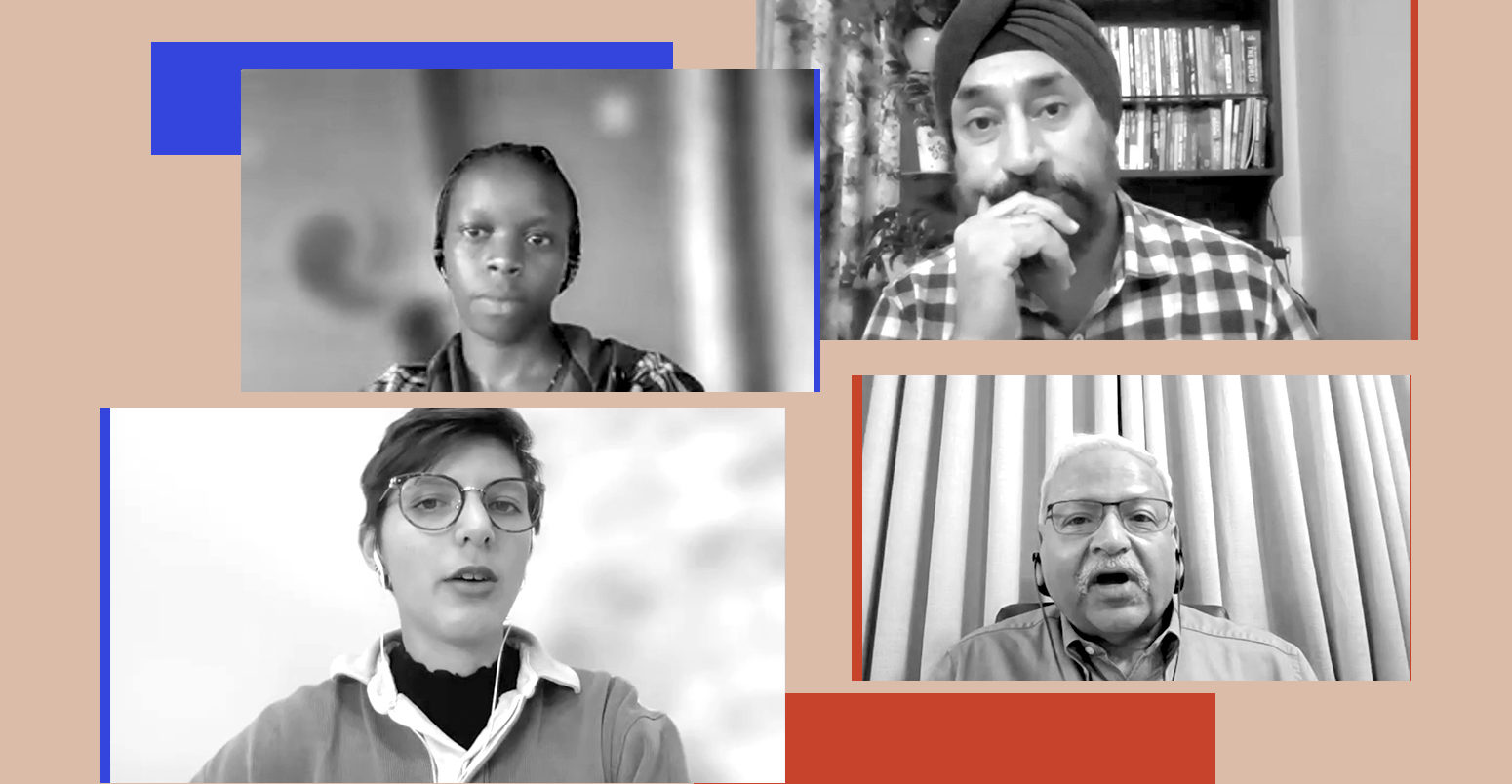
Webinar: Will ‘loss and damage’ be the defining issue at COP27?
Multiple Authors
09.30.22Multiple Authors
30.09.2022 | 11:26am“Loss and damage” from climate change is fast emerging as a critical issue for billions of people, particularly in the global south.
As part of its week-long series on the topic, Carbon Brief on Thursday hosted a free webinar on whether it is likely to be the defining issue at the next round of UN climate talks, COP27. A video of the recording (below) is now available to watch on YouTube.
It comes after Carbon Brief published an interactive article addressing the key questions surrounding loss and damage, a timeline detailing how the issue has featured at UN talks, a feature profiling victims of “non-economic loss and damage”, and an article asking various stakeholders to comment on how it links to climate justice.
The webinar featured four panellists, hailing from Bangladesh, India, Rwanda and France. This included:
- Prof Saleemul Huq, the director of International Centre for Climate Change and Development (ICCCAD) and a pioneer of loss and damage research and advocacy.
- Ineza Umuhoza Grace, the director of the Loss and Damage Youth Coalition (LDYC).
- Harjeet Singh, the head of global political strategy and loss and damage lead at Climate Action Network (CAN).
- Inès Bakhtaoui, a research associate focusing on climate finance for loss and damage at the Stockholm Environment Institute in Oxford.
The event saw each speaker put forward their thoughts on why loss and damage is likely to feature heavily at COP27 and what needs to be achieved at the conference.
- Q&A: Should developed nations pay for ‘loss and damage’ from climate change?
- Timeline: The struggle over ‘loss and damage’ in UN climate talks
- Loss and damage: What happens when climate change destroys lives and cultures?
- COP27: Why is addressing ‘loss and damage’ crucial for climate justice?
- Webinar: Will ‘loss and damage’ be the defining issue at COP27?
Panellists also discussed the types of loss and damage people are already experiencing around the world, ranging from this year’s devastating floods in Pakistan to the aftermath of Hurricane Maria in the Caribbean in 2017.
Huq told the audience that Hurricane Ian, one of the most powerful storms to ever hit the US which devastated Florida this week, was a clear example of loss and damage:
“[Loss and damage] is happening every single day somewhere in the world – and it will continue to happen every single day from now on. Ian is the biggest storm Florida has had so far. But that’s not going to be true next year, they’ll have a bigger one next year. We have now entered the era of human-induced climate change causing losses and damages.”
Grace added that, for young people, loss and damage is an issue of “injustice”:
“We are the generation that is living in the era of extreme weather events on a scale that has never been recorded before – and yet we are not fully included in taking action to address these impacts. That means we’re going to be left with a planet that is more at risk, where we’re not able to have a future.”
Commenting on the importance of loss and damage to COP27, Singh told the audience:
“This is the litmus test for the success of COP27…We have seen how policymakers assembled in Cairo a couple of weeks ago – all heads of delegations – just to talk about that issue. So this is how important it has become.”
Crucial to loss and damage discussions at COP27 will be progress on how developed nations can provide finance to developing countries suffering the worst effects, Bakhtaoui added:
“Now is the opportunity to rediscuss elements of finance, such as the global finance goal…But, most importantly, loss and damage is the illustration of the failure of global north countries to mitigate their emissions and to provide funding to global south populations to adapt.”
The speakers also answered a vast range of questions submitted by the audience. Questions submitted included: “How helpful do you feel that media coverage has been in raising awareness of this issue?” and “What has been China’s position regarding loss and damage?”
Carbon Brief hopes to host more webinars in the future. If you have suggestions for topics and panellists, please send them to webinar@carbonbrief.org.

